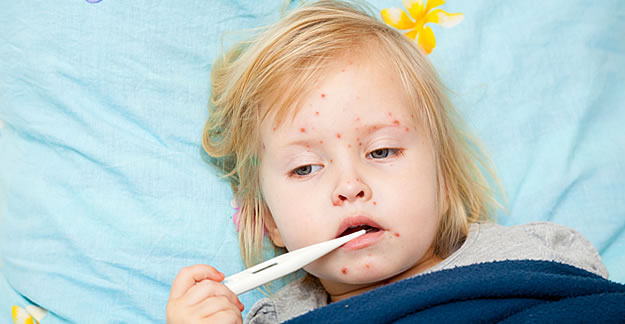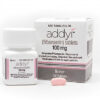Some parents thought that given an option between measles and vaccines, they could choose ‘neither.’ But now there’s an uptick in vaccination compliance
What’s more frightening to a parent — measles which historically killed thousands of children each year before the MMR vaccines became available or the possibility of a side effect from the vaccination? It’s been well-documented that for the past several years a small but growing number of parents have been more afraid of rumored autism links (debunked many times) than what seemed to be no risk of measles.
Doctors are calling this “vaccination hesitation.” Parents may wonder if there’s any truth to the unrelenting misinformation about adverse effects from vaccines. While autism has been ruled out, vaccines do have a small risk. There are a very small number of bad reactions to vaccines each year. Parents with no firsthand experience of measles and who have never known anyone who’s had measles may reason that their child should not be exposed to any risk at all, hence choose not to vaccinate.
From 2001 through 2010 there were only 2 years that recorded more than 100 cases of measles in the entire US. It’s understandable to think we’d killed that beast. But never underestimate a highly contagious disease. Measles slammed into the US news headlines in December 2014 showing the power of the disease by sickening 111 people in just one outbreak traced to Disneyland in California. More than a quarter of those who got measles had been vaccinated, which shows that to be fully effective, nearly everyone must be vaccinated.
In a July 2015 survey by MedScape, 42% of the doctors reported more acceptance of vaccines in general and almost as many reported more acceptance of MMR vaccine.
The outbreak in Disneyland and the record high number of measles diagnosed in all of 2014 — more than 600 cases, 3 times the number from 2013 — might be changing parents’ minds. MedScape undertook a survey of 1,577 doctors nationwide in July 2015 and found that 42% of the doctors reported more acceptance of vaccines in general and almost as many reported more acceptance of MMR vaccine. When asked to what the doctors attributed the change, half said, “Fear of vaccine-preventable disease.” Parents in the Western states (hardest hit with measles) really got the message. 69% of the doctors in the West identified fear as the motivator vs. 46% of the rest of the country.
The autism issue continues to concern parents. 67% of doctors told MedScape that “Fear of connection to autism spectrum disorder” was the second most popular reason given for vaccine hesitancy. “Worried about vaccine complications” was mentioned by 69% of doctors (respondents could give more than one answer). MMR and the HPV vaccine tied for being the most likely to be refused or to be requested on an alternate schedule.
Fear is a great motivator and some parents feel trapped, caught in a difficult place. (See the excellent blog by our own editor and parent, Denise Schipani, on her decision about vaccinating.) One of the ways doctors persuade parents to vaccinate is to share that their own children are vaccinated as recommended (53%). I’ll join their efforts by offering that I’m vaccinated, my husband is vaccinated and my kid is vaccinated.






